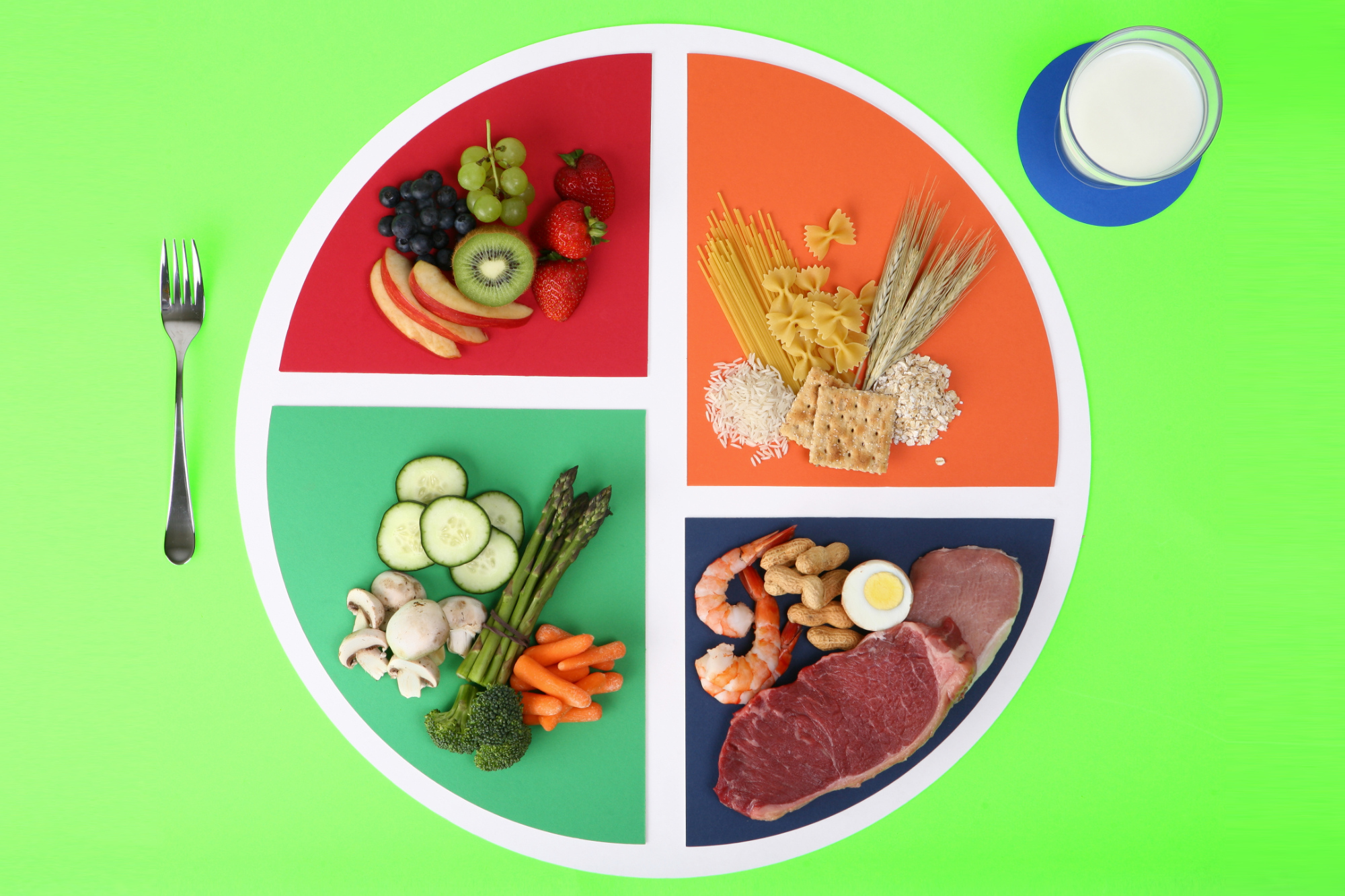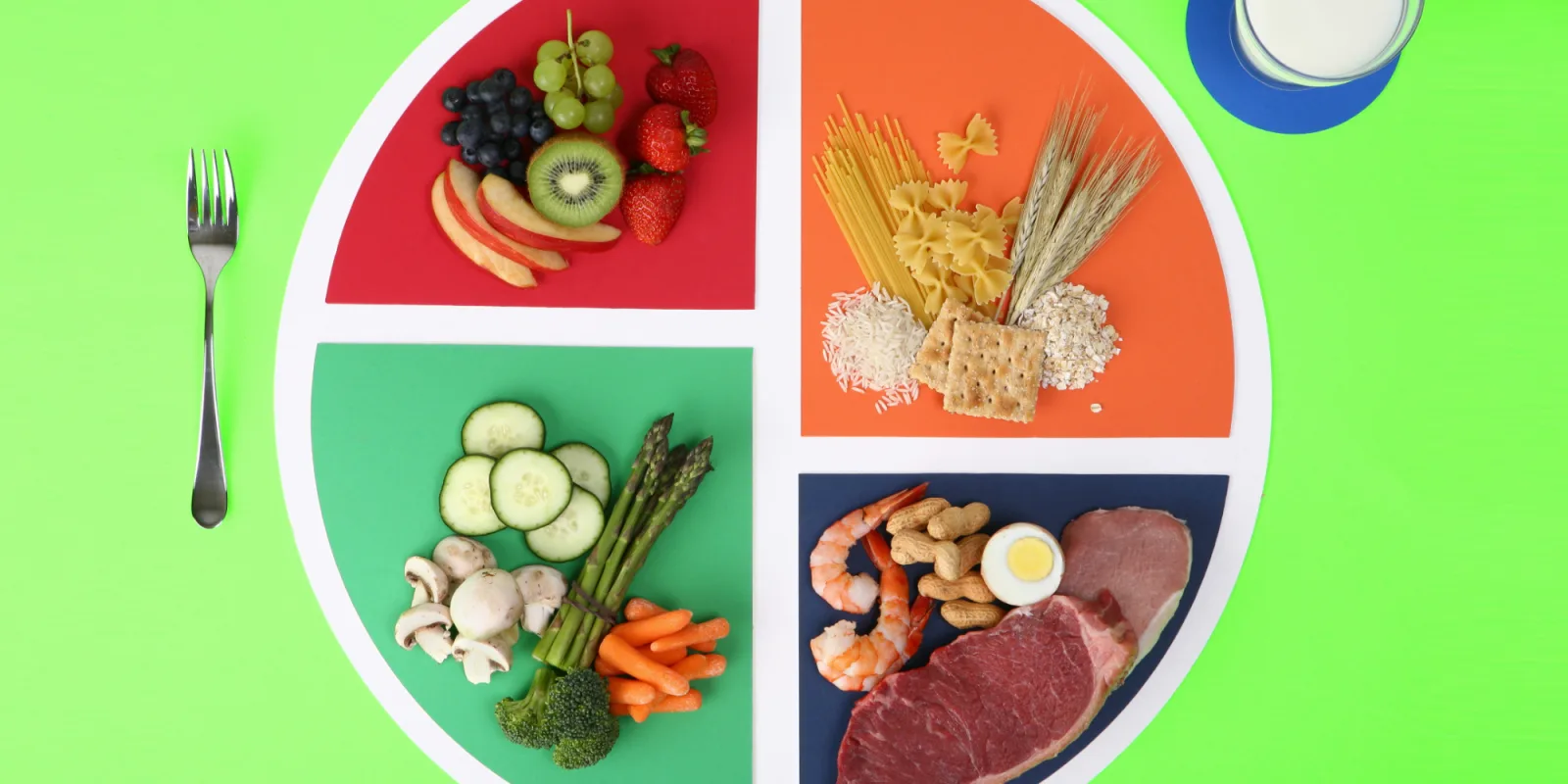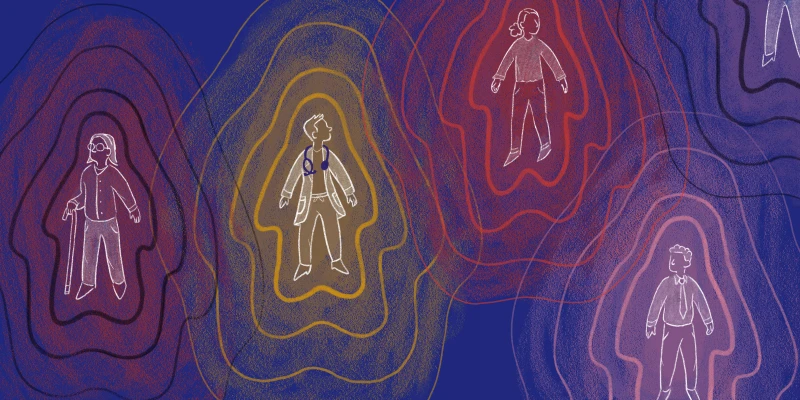
Lunch time in the clinic is like show and tell. A colleague proudly displays her paleo-friendly, grass-fed beef meal, while the security guard tells me about his new keto-approach to losing twenty pounds: fat and bacon. Before the current emphasis on pairing a low carb approach with more protein or fat, there was the fat-free movement that delivered products high in sugar.
Food movements are like fads: they come and go, and what is all the rage to some currently is declared public enemy number one by others. That food plays a role in health, however, is undeniable. And clearly people are interested in eating healthier, despite the raging epidemic of obesity, type 2 diabetes, and chronic disease. Yet confusion about nutrition and its role in health reigns supreme as we spend billions on health care costs while powerful forces make billions indulging our appetite for unhealthy foods. How can we move beyond this dysfunctional situation?
Patients naturally turn to doctors for advice on health matters. Yet most physicians get their information about food and nutrition from the same sources as the public — and yes, that includes talk shows, social media feeds, friends, and don’t forget, Grandma. In fact, sadly, the majority of physicians only receive an average of 20 hours of clinical nutrition education during their entire medical training.
I personally experienced this years ago. The year was 1991 and my father and uncle both had heart attacks. When they recovered, they received two different messages about food and asked for my opinion. I was in my third year of medical school,and while I had learned in a lecture or two about syndromes associated with severe nutritional deficiency such as kwashiorkor and marasmus syndromes I have never seen in more than twenty years of practice, I did not learn about syndromes associated with “overnutrition” such as heart disease, our country's leading cause of mortality. As a result, I didn’t have a strong opinion about their diet plan recommendations. It didn’t seem unreasonable that my father should follow the American Heart Association diet, low in saturated fat, while my uncle tried the Dean Ornish low-fat whole food plant-based diet. The results couldn’t be more different. My father passed away six years later from another heart attack, while my uncle reversed his heart disease by angiogram and is still thriving 28 years later.
Since then, I've learned that the weight of the accumulated medical evidence has shown that while many eating patterns such as low carb approaches are associated with weight loss and improvement in some chronic disease markers in the short term, a whole food plant-based diet stands out when it comes to the prevention and reversal of heart disease and type 2 diabetes, the reduction in risk for certain cancers, and longevity. The reasons for this are still being elucidated but they include keywords like inflammation, epigenetics, and the gut microbiome.
So, getting back to it: how do we get beyond the current unhealthy paradigm? I am proud that my colleagues have pioneered healthy eating health education classes at multiple locations, a teaching kitchen to show patients how to cook healthy meals at San Francisco, and intensive lifestyle modification programs at South Sacramento to reverse chronic disease. That is a great start but change will need to touch all medical professionals and patients.
So to my colleagues I say educate thyself. Satisfy your annual continuing medical education requirement by attending nutrition conferences and get acquainted with evidence-based nutrition. I hope it will spur curiosity about food and motivate you and help you and your patients make a healthy change.
Wil Wong, MD is a physician practicing at Kaiser Permanente, San Mateo. He is board certified in Psychiatry and Integrative Medicine. He is also getting board certified in Lifestyle Medicine this year.





